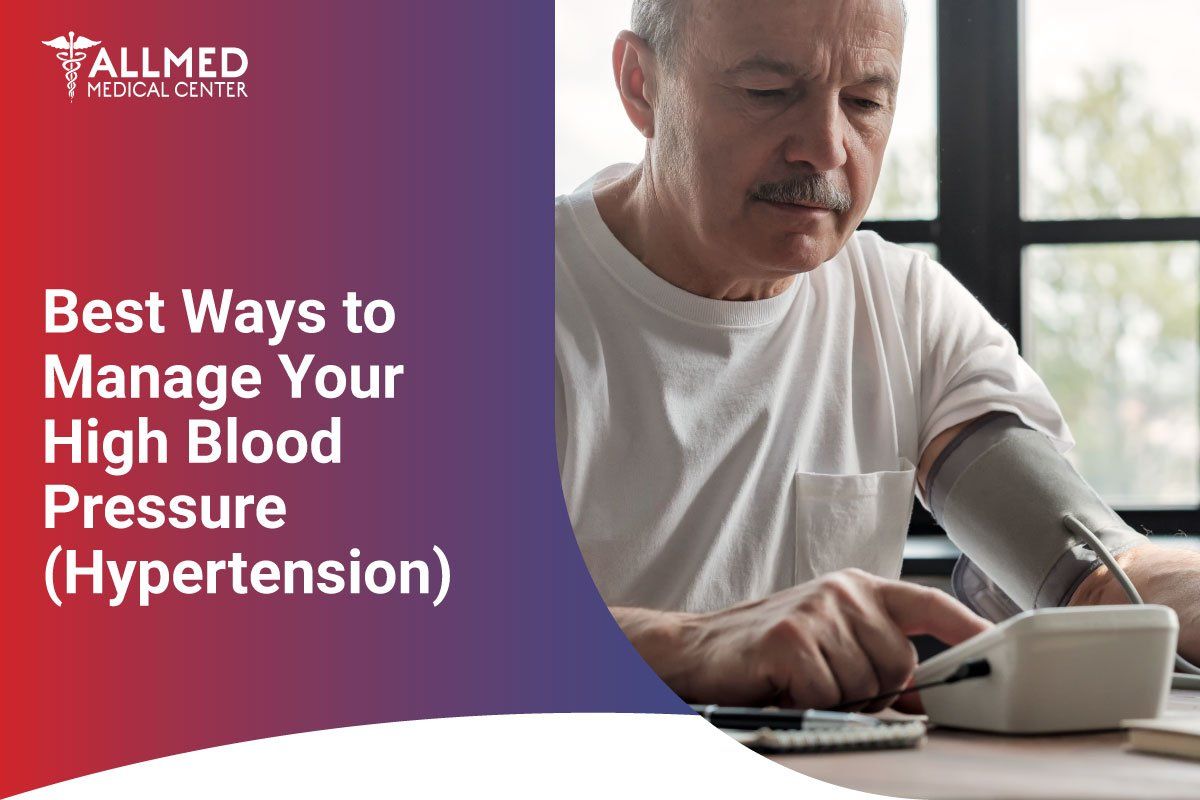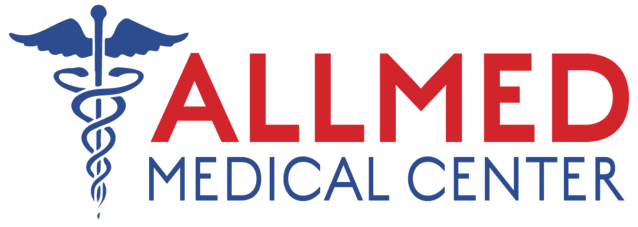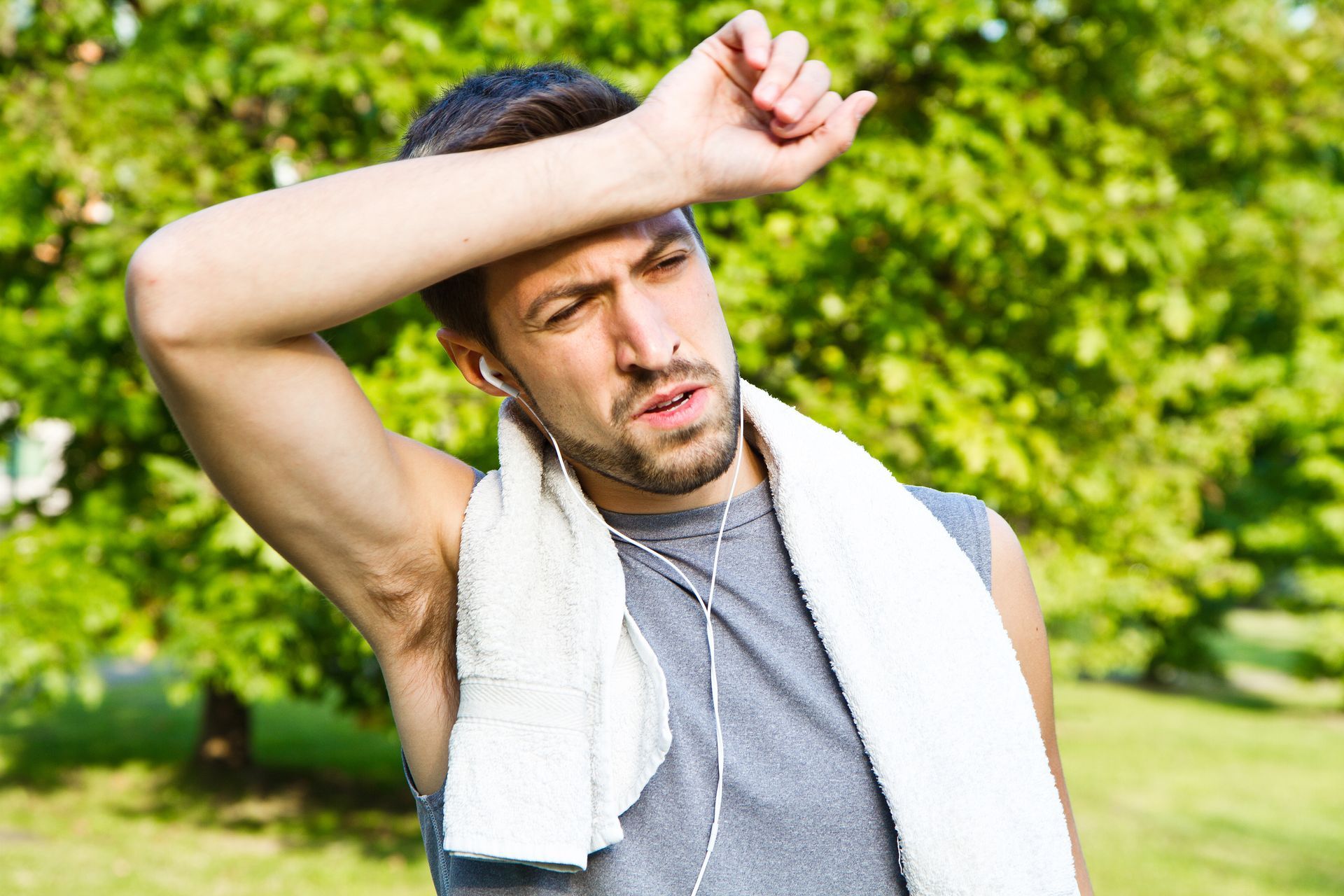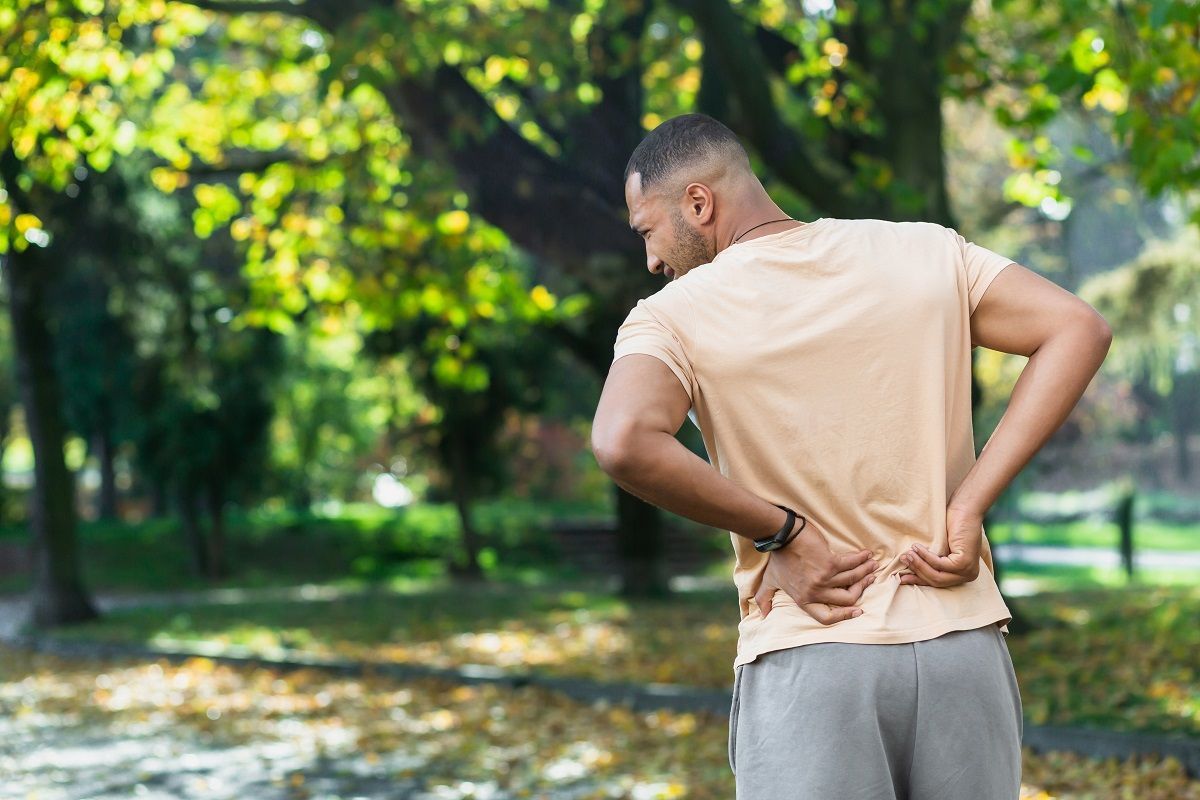
We Proudly Accept Medi-Cal and Medicare
Write your caption hereButton
Now Accepting Walk-ins!
Write your caption here

We Proudly Accept Medi-Cal and Medicare
Write your caption hereButton
Now Accepting Walk-ins!
Write your caption here

Ways to Manage Your High Blood Pressure (Hypertension)
High blood pressure, also known as hypertension, increases your stroke and heart attack risk. It's beneficial to your health to know your BP status and numbers. If your blood pressure is constantly high, you need to consult your doctor on how to lower it.
With our guide, we will discuss the best ways to manage the disease. Here are the 11 lifestyle changes you can make to help
lower your blood pressure.
1. Lose Extra Weight
Blood pressure increases as the numbers on the weighing scale add up. Losing weight is very effective in controlling blood pressure. If you lose a small amount of weight, you can already reduce your blood pressure numbers.
It is also vital that you lose weight around the waist area because having too many visceral fats on the waist can put the person at higher risk of high blood.
2. Healthy Eating
Dietary Approaches to Stop Hypertension (DASH) is a healthy eating program that many consider the best diet to lower blood pressure. Following this diet can lower your blood pressure by 8 to 14 points.
DASH's healthy eating program limits the intake of foods high in saturated fat, sugar, processed foods, carbohydrates, and salt. Also, reduce your intake of caffeine and alcohol.
This diet plan suggests that you eat fruits, vegetables, whole grains, and high protein foods. Foods rich in high potassium foods and calcium are highly recommended.
3. Lessen Your Intake of Sodium
American Heart Association recommends that people with hypertension should only limit their intake of salt to less than 1,500 milligrams a day. Read labels and see if there are salt, sodium intake, and kosher salt.
Additional tips: Instead of choosing flavored side dishes, it is better to cook plain rice, grains, or pasta without adding any salt.
4. Reduce Stress Levels
Lowering stress levels can also keep your blood pressure at bay. Try mind-body exercises that can help you manage your stress. Some of these mind-body exercises are tai-chi and yoga. Meditation can also help relax your mind.
Relaxing outside in the morning sun can also boost endorphins that make you feel good and lower your blood pressure.
Having a solid connection with your family and friends can also help lighten your mood.
5. Get Enough Sleep
Having a good night's sleep is vital to overall health. Not having a good sleep may increase the risk of high blood pressure, heart disease, and even stroke.
6. Limit Alcohol Intake
Drinking less alcohol per day can also decrease systolic blood pressure by 2 to 4 points. For women, limit alcohol intake by one alcoholic drink per day, while two drinks for men. One drink should be five ounces of wine or twelve ounces of beer only.
7. Cut Back On Caffeine
Drinking caffeine can elevate your blood pressure up to 10 mm Hg. To check on the effect of caffeine on your blood pressure, you can check your pressure within thirty minutes of drinking a caffeinated beverage. If your blood pressure increases by 5 to 10 mm Hg, you are most likely highly sensitive to the effects of caffeine. Talk to your doctor about the effects of caffeine on your system.
8. Quit Smoking
Smoking and exposure to secondhand smoke can increase the risk of fatty build-up in the arteries. A process that high blood pressure exacerbates. Your blood pressure goes up every time you have a cigarette. That is why it is highly recommended to quit smoking to prevent the blood pressure from going up.
9. Increase Physical Activity
Regular exercise is one way to manage blood pressure. It also aids in managing weight, reducing stress levels, and strengthening the muscles. Being inactive is not suitable for the body. People who are not physically active are more prone to stroke and heart attack. But regular exercise may aid in lowering blood pressure, reducing stress, and controlling weight.
If you consistently have elevated blood pressure, consult your doctor to determine the activity level that you should have.
10. Take Your Medications Regularly
High blood pressure is a condition that requires you to take medications for the rest of your life. It requires commitment on the part of the patients to take their medications every day.
To get optimum health, listen to your health care provider on the instructions on how to take your medications. Popular naturopathic alternatives do not substitute for your prescriptions. Some may even interfere with your prescribed medications.
Ask your doctor how other over-the-counter medications like decongestants may interact with your blood pressure.
11. Managing Your Medications
Aside from the lifestyle changes, your doctor will prescribe medications to control your high blood pressure. If you have concerns about the side effects, you may discuss them with your doctor.
Remember to take your medications exactly as prescribed. Avoid missing one pill, even just for a day. Likewise, do not cut the pill in half because it may be harmful if you reduce your dosage.
Lastly, never not stop taking the medication even if you feel alright. Consult your doctor before stopping any medicines.
Manage Your Blood Pressure with All Med Medical Center
AllMed Medical Center is the place to go for all your healthcare needs. If you are at risk of high blood pressure,
call us today and discuss it with our doctors to have the best treatment plan.
AllMed Medical CentersServing
Greater Sacramento
Allmed Medical Center | All Rights Reserved.










